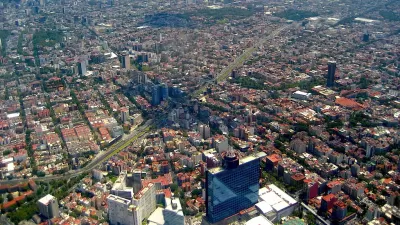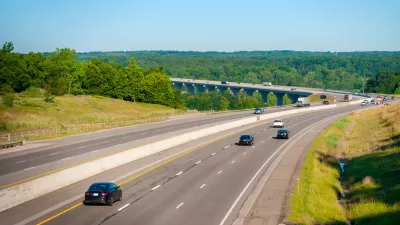The beta version of a comprehensive new evidence-based platform called Streetsmart helps policy makers, planners, and advocates make the case for healthy, inclusive, and sustainable transportation investments.
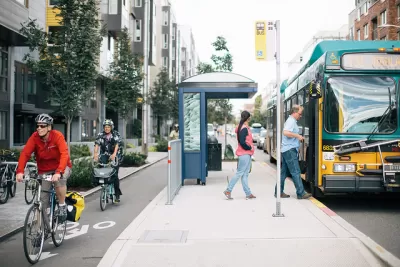
- The aim of evidence-based policy is to inform democratic decision-making.
- Evidence must be embedded in compelling narratives to be influential.
- Evidence is necessary but not sufficient. Professional judgment and the voices of residents are equally important for decision-making.
- The type of evidence matters: systematic reviews offer strong internal validity but lack generalizability to different contexts. Context-based evidence is important to understand what truly works for different places and populations.
- Community engagement is therefore essential to successfully planning, designing, and implementing plans and projects.
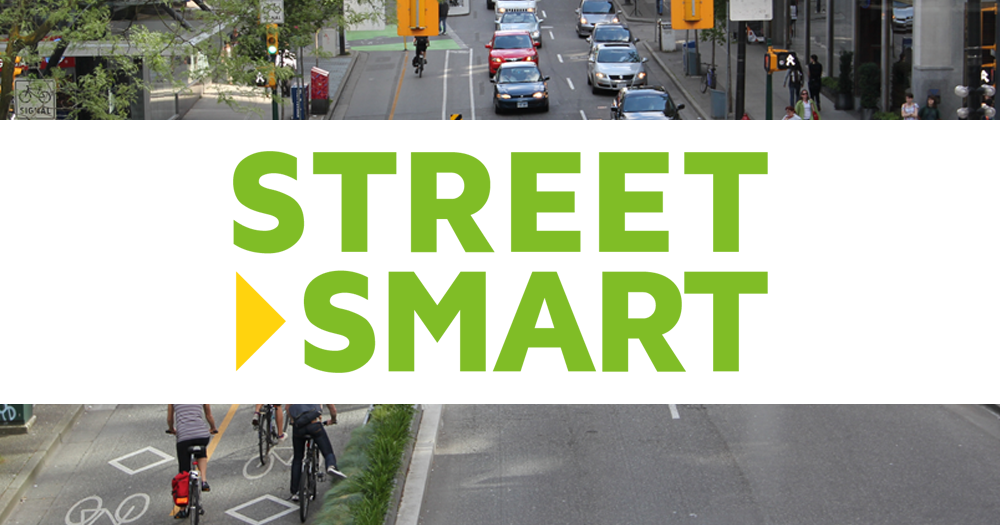
The Research
The current beta version of Streetsmart builds on four sets of research reviews. Research related to physical activity, walking, and bicycling draws from the Built Environment Approaches Combining Transportation System Interventions with Land Use and Environmental Design and County Health Rankings & Roadmaps. These research syntheses involve an extensive review process. For example, this American Journal of Preventive Medicine article written by the Community Preventive Services Task Force explains the Community Guide systematic review methodology.
Research related to vehicle miles traveled and greenhouse gas emissions draws from Research on the Impacts of Transportation and Land Use Related Policies, commissioned by the California Air Resources Board in response to California Senate Bill 375. Streetsmart also draws from Mark Stevens' meta-regression analysis as described in the journal article, Does Compact Development Make People Drive Less? and interpretations of the study expressed in reaction articles in the same issue.
Streetsmart will increasingly draw from context-based research approaches to offer better contextual guidance. Examples include realist evaluation--which asks "What works, for whom, in what respects, to what extent, and in what contexts?"--case study research, and Community Based Participatory Research projects.
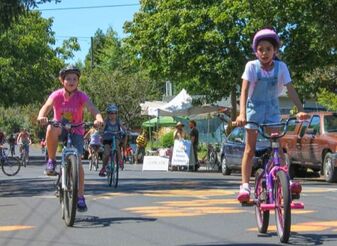
FULL STORY: Streetsmart: Evidence and Insight for Healthy Transportation

Maui's Vacation Rental Debate Turns Ugly
Verbal attacks, misinformation campaigns and fistfights plague a high-stakes debate to convert thousands of vacation rentals into long-term housing.

Planetizen Federal Action Tracker
A weekly monitor of how Trump’s orders and actions are impacting planners and planning in America.

In Urban Planning, AI Prompting Could be the New Design Thinking
Creativity has long been key to great urban design. What if we see AI as our new creative partner?

Portland Raises Parking Fees to Pay for Street Maintenance
The city is struggling to bridge a massive budget gap at the Bureau of Transportation, which largely depleted its reserves during the Civd-19 pandemic.

Spokane Mayor Introduces Housing Reforms Package
Mayor Lisa Brown’s proposals include deferring or waiving some development fees to encourage more affordable housing development.

Houston Mayor Kills Another Bike Lane
The mayor rejected a proposed bike lane in the Montrose district in keeping with his pledge to maintain car lanes.
Urban Design for Planners 1: Software Tools
This six-course series explores essential urban design concepts using open source software and equips planners with the tools they need to participate fully in the urban design process.
Planning for Universal Design
Learn the tools for implementing Universal Design in planning regulations.
Gallatin County Department of Planning & Community Development
Heyer Gruel & Associates PA
JM Goldson LLC
City of Camden Redevelopment Agency
City of Astoria
Transportation Research & Education Center (TREC) at Portland State University
Jefferson Parish Government
Camden Redevelopment Agency
City of Claremont



























